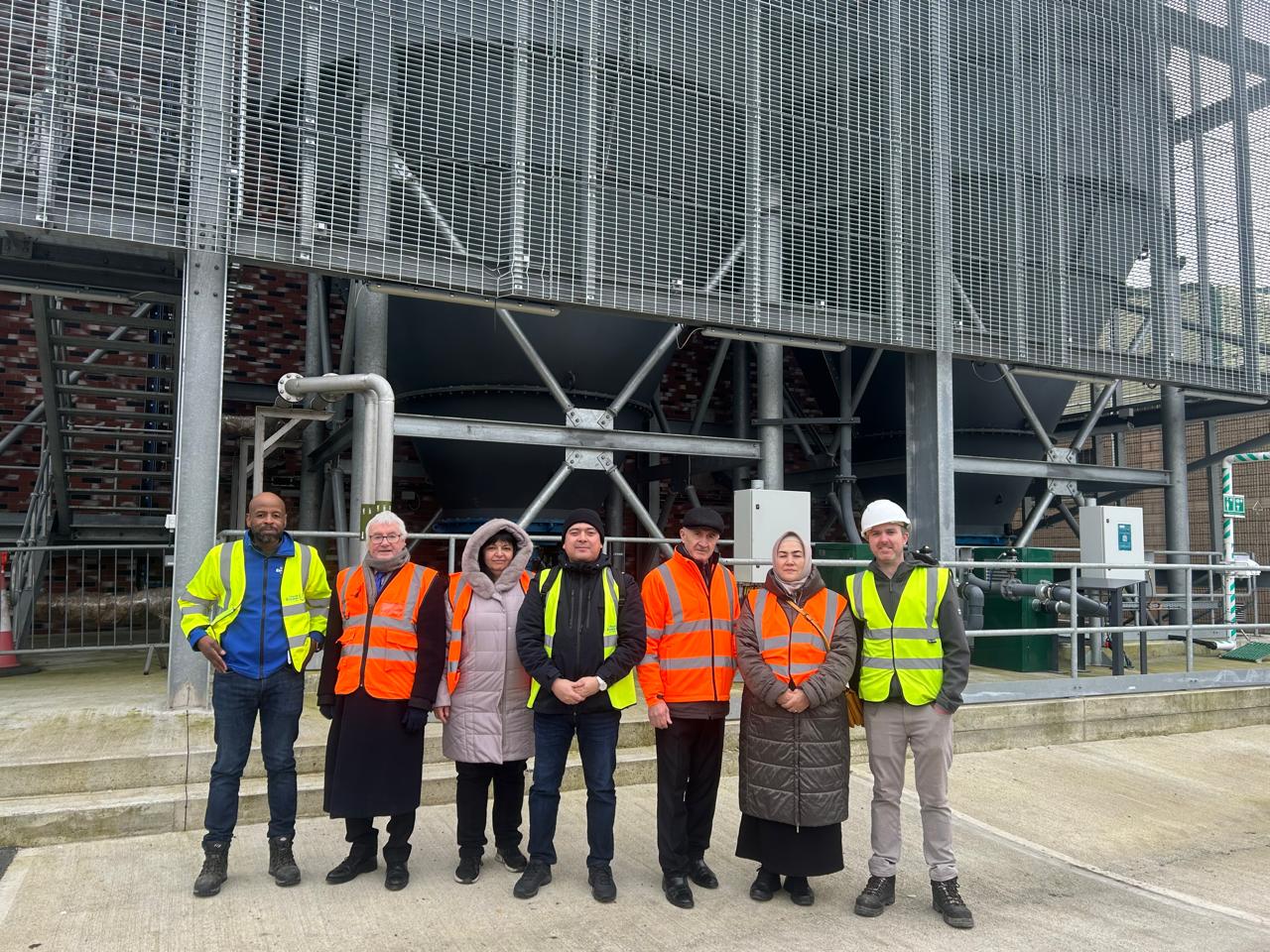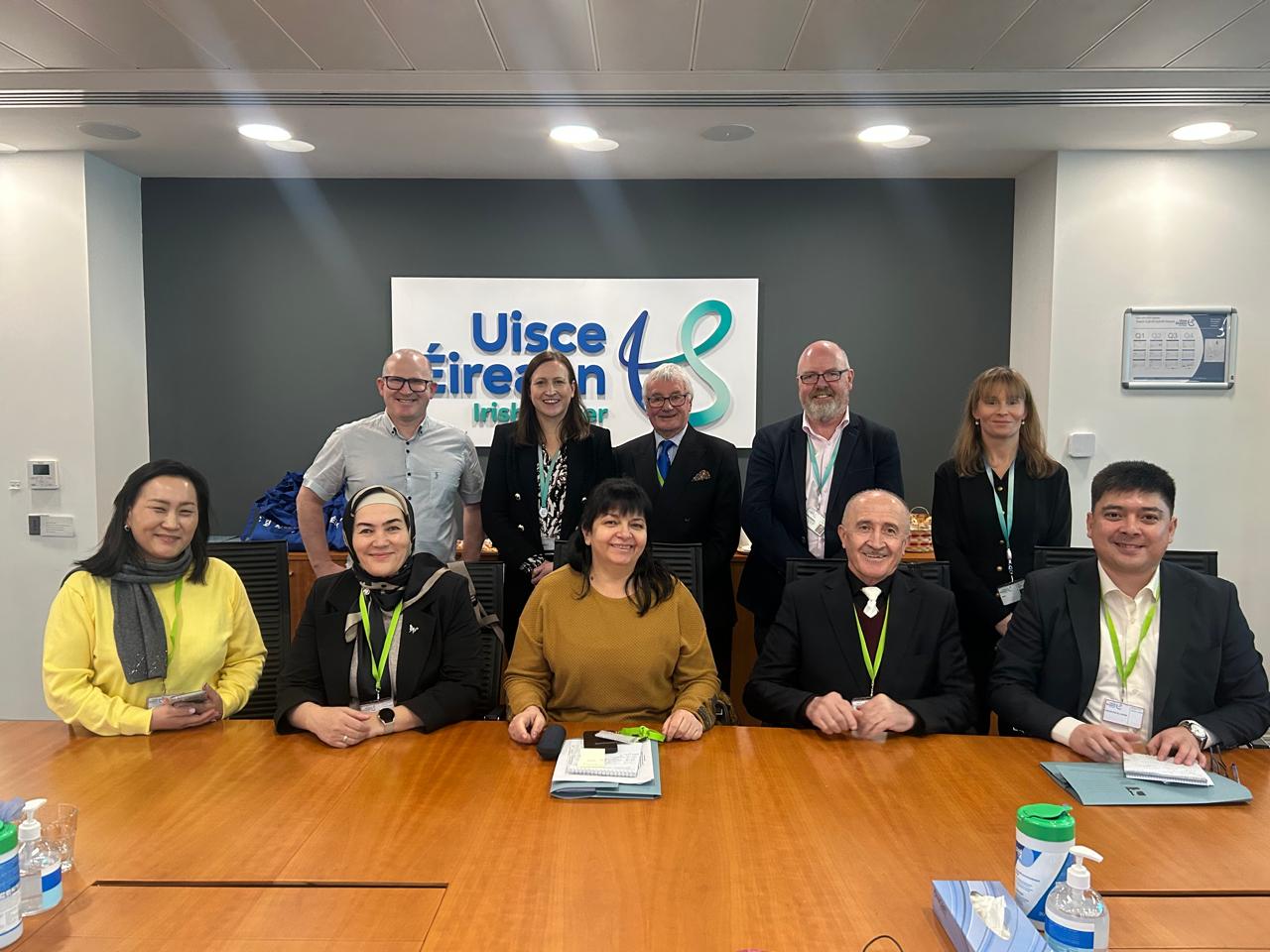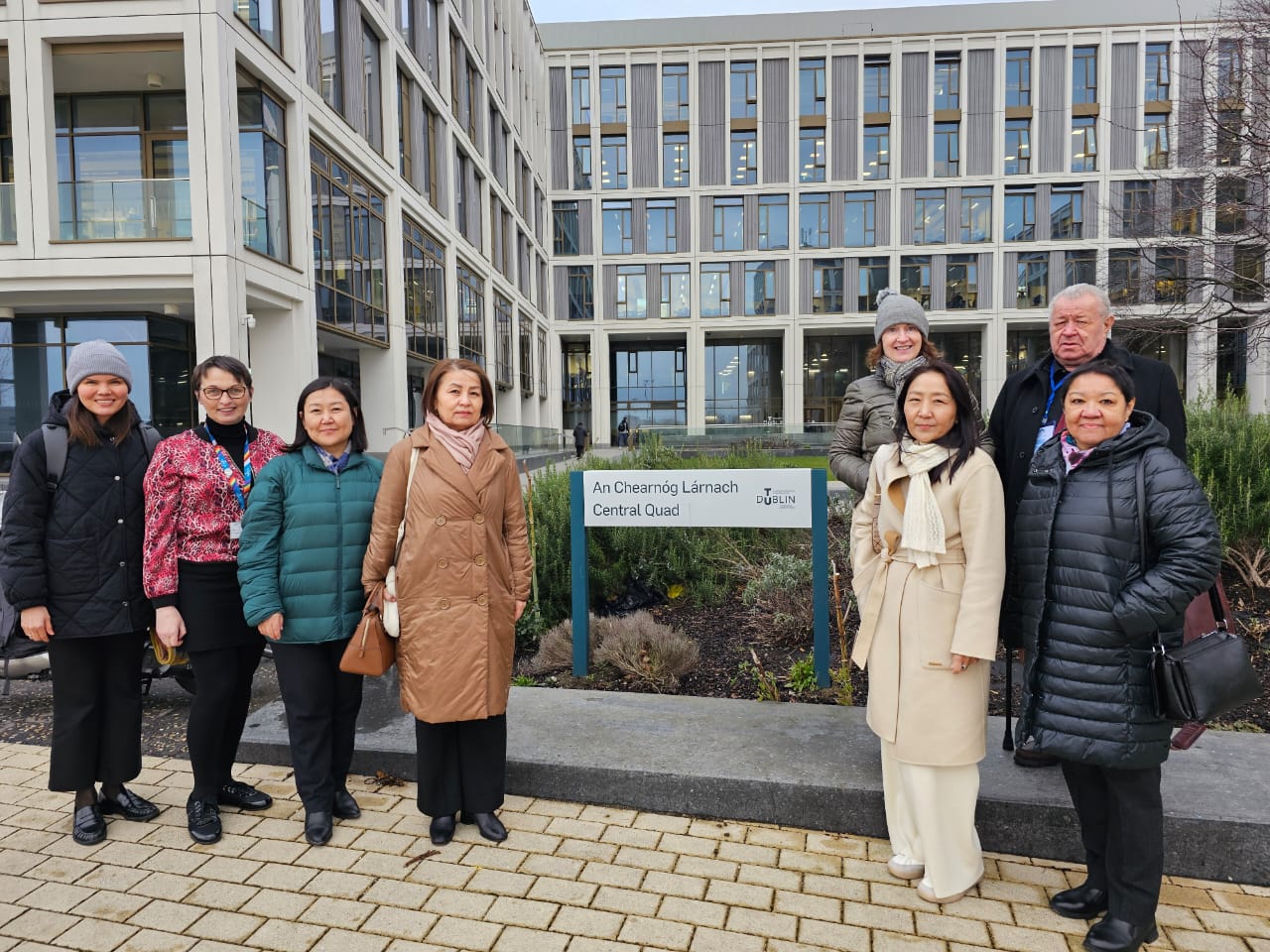ISTC organized a study visit to Ireland as part of the EU CBRN CoE Project 87

As globalization accelerates and international travel becomes more accessible, the need to ensure public health and safety at large-scale events has grown more urgent. Mass gatherings - whether sporting events, cultural festivals, religious pilgrimages, or high-level summits present a range of complex challenges, particularly in the domains of food safety, chemical incident management, and water security.
Recognizing these risks, the European Union’s CBRN Centres of Excellence (EU CBRN CoE) Project 87 launched an initiative to strengthen preparedness and response capabilities in Central Asia. A key component of this effort was a Study Visit to Ireland, designed to provide project members from the region with firsthand insights into effective regulatory frameworks, emergency response strategies, and best practices in risk mitigation.
Over the course of three days Study Visit from 10 to 13 February 2025, delegates from Water Safety, Food Safety, and Chemical Safety working groups engaged with Irish experts across multiple institutions, gaining valuable knowledge applicable to their respective fields. There were 23 participants of the Study Visit from Kazakhstan, Kyrgyzstan, Mongolia, Tajikistan and Uzbekistan.

Food Safety:
Participants met with officials from the Food Safety Authority of Ireland, where they examined Ireland’s food safety surveillance mechanisms and regulatory infrastructure. Discussions focused on risk assessment, inspection procedures, and compliance enforcement—critical components in preventing foodborne illnesses at mass gatherings.
Water Safety:
The Water Safety Group engaged with experts at Irish Water Headquarters, Department of Agriculture, Food, and Marine and Environmental Protection Agency (EPA) where they examined national oversight of water quality, contamination risk assessment, emergency response mechanisms, sustainability initiatives in food and water safety, including policies aimed at contamination prevention, cross-sector collaboration, real-time monitoring systems, and regulatory enforcement documentation. Food Safety group joined trips as well to Department of Agriculture, Food, and Marine and Environmental Protection Agency (EPA).

Chemical Safety & Poisons Information Center:
The Chemical Safety and Poisons Information Centers Group focused on Ireland’s approach to toxicology, emergency medical response, and hazardous substance management. At Beaumont Hospital, participants observed how Ireland’s Poisons Information Center handles real-time inquiries, providing critical guidance to medical professionals and the public on chemical exposure incidents. The delegation also visited Trinity College Dublin, where they explored advanced toxicology research and simulation-based training facilities, designed to equip specialists with practical skills in identifying and mitigating chemical hazards.
By adapting Ireland’s best practices to local contexts, project professionals will contribute to stronger safety standards, improved crisis response, and more resilient public health systems in their respective countries.

